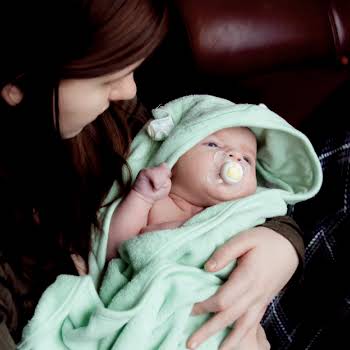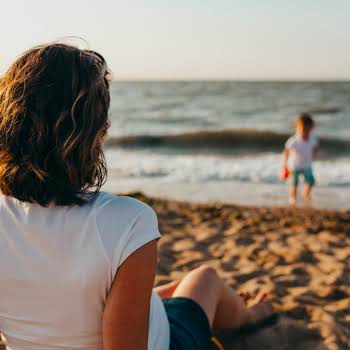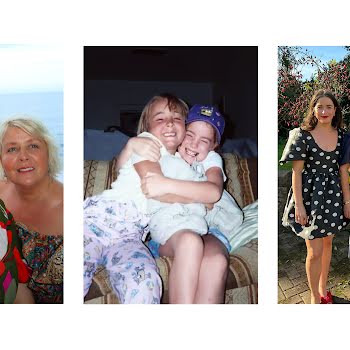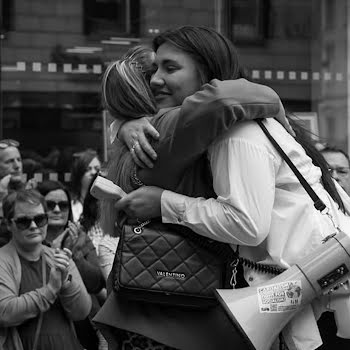
‘Postpartum hair loss is real’: Lea Michele opens up about her decision to get a ‘mom bob’
By Shayna Sappington
11th Jan 2021
11th Jan 2021
Did you know that postpartum hair loss affects 4 out of 10 women? Here, actress Lea Michele reveals her own struggle with this condition and how she is coping.
Glee star Lea Michele and her husband Zandy Reich welcomed a baby boy into the world last summer and the new mum has been open about her postnatal experience ever since.
Sharing her recent struggle with postpartum hair loss, Lea posted a photo holding clumps of fallen hair on her Instagram story with the caption: “Postpartum hair loss is real.”

She then shared a ‘before’ photo of her long locks, revealing her decision to cut her hair into a ‘mom bob’ soon.
“Enjoying long hair while it lasts because the mom bob is right around the corner,” she said.
Telogen Effluvium
The young actress is one of many women who experience postpartum hair loss. According to the HSE, this condition is called telogen effluvium.
This condition is caused by a rapid change in hormone levels after giving birth, giving a ‘shock’ to the body’s system. Hair rapidly changes from the growing (anagen) phase to the shedding (telogen) phase, resulting in temporary hair loss.
This reportedly affects 4 out of 10 women who have given birth in the previous three months and usually resolves itself within three to six months.
Hormone levels
During pregnancy, women often experience a rise in estrogen and progesterone levels that is often referred to as a ‘pregnancy glow’.
This is the stage where most feel their best. Improved circulation causes a flushed, dewy complexion and pregnancy hormones reduce the natural shedding of hair, making hair look lustrous and full.
However, after giving birth these hormone levels drop back down to normal levels and can commonly cause hair loss.
The average person naturally loses about 100 hairs a day, but with telogen effluvium about 30 per cent of the hairs stop growing and go into the resting phase before falling out.*
So with this condition, you may lose an average of 300 hairs a day instead of 100.
And while losing nearly three times as much hair can seem frightening, it is just your body’s way of returning to your pre-pregnancy hair growth levels.
Treatment
Telogen effluvium usually resolves over time, but there are a few things you can do to help.
The HSE recommends eating a healthy and varied diet. Foods that contain iron and protein, fresh fruit and vegetables can help.
Consider taking a postnatal vitamin supplement that provides the necessary nutrients for a balanced diet.
Also, if you smoke, stopping will help. Chemicals in cigarette smoke can worsen the appearance of hair.
Read more: Is your hair falling out? These are the causes and how you can tackle it
Read more: Tír na nÓg Clinic sees unprecedented amount of stress related hair loss
Read more: Postpartum Psychosis: ‘It hit me completely out of the blue’























